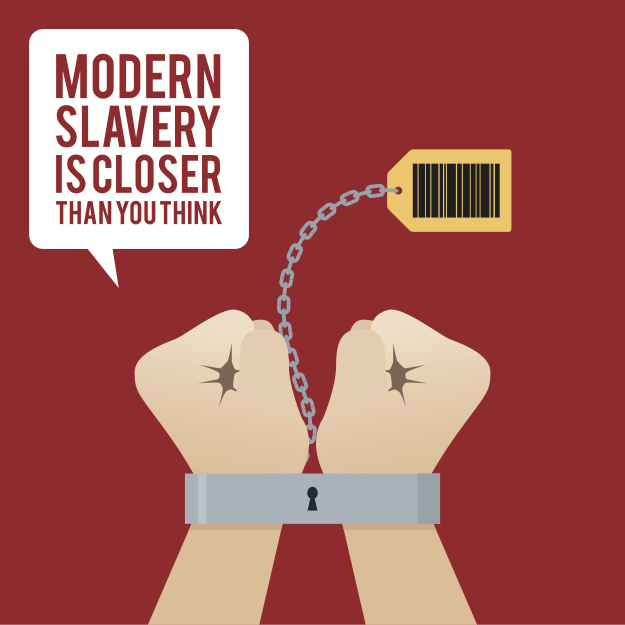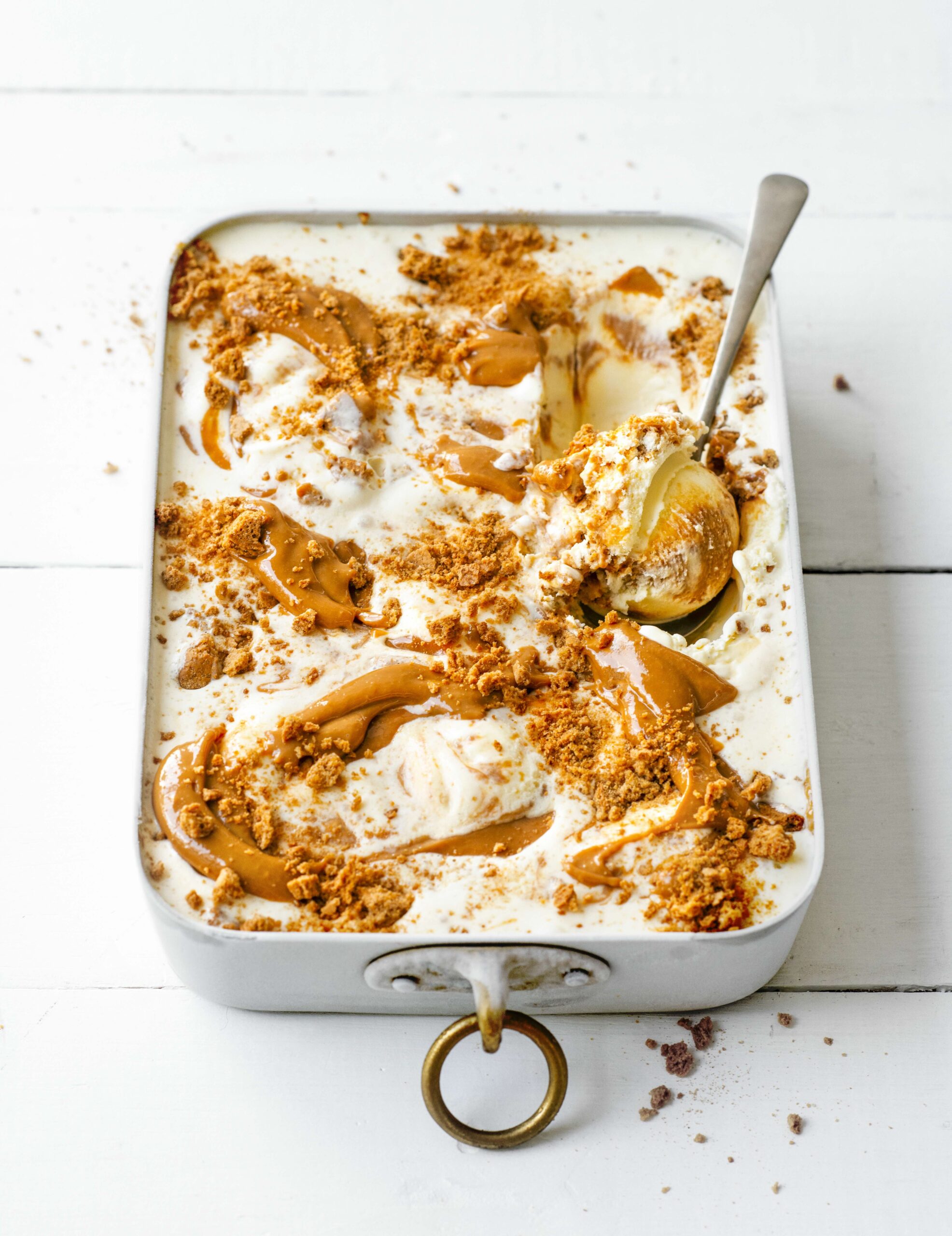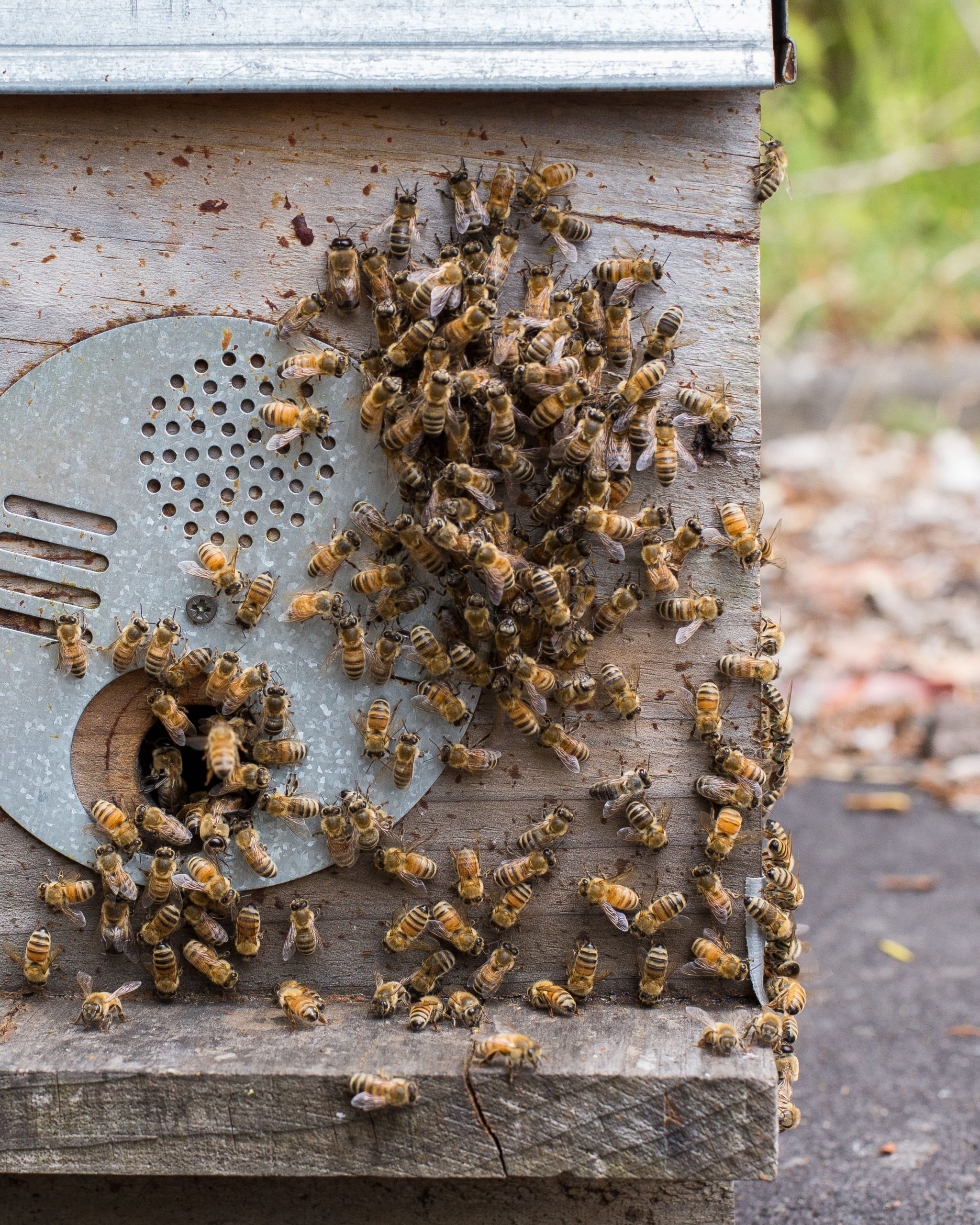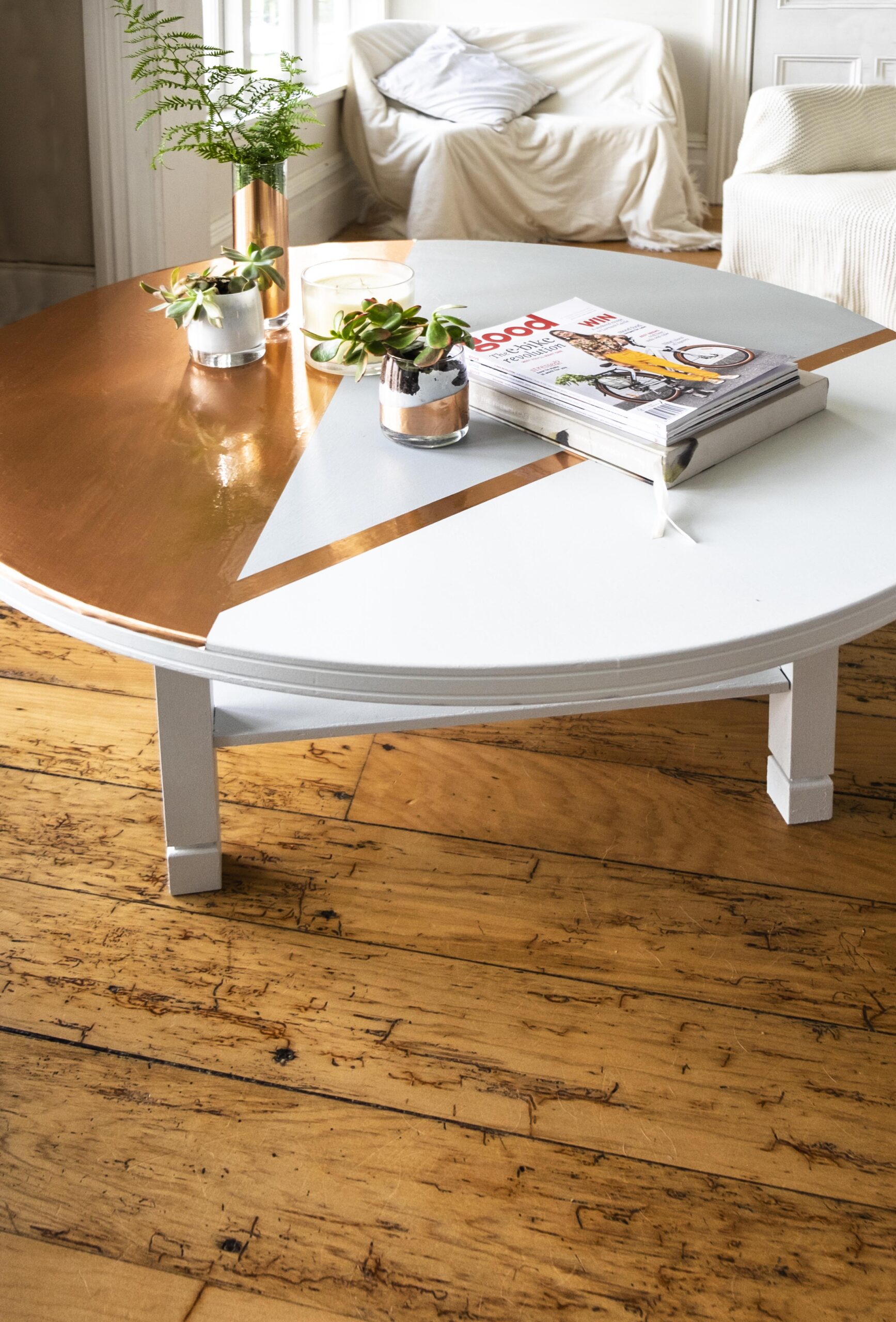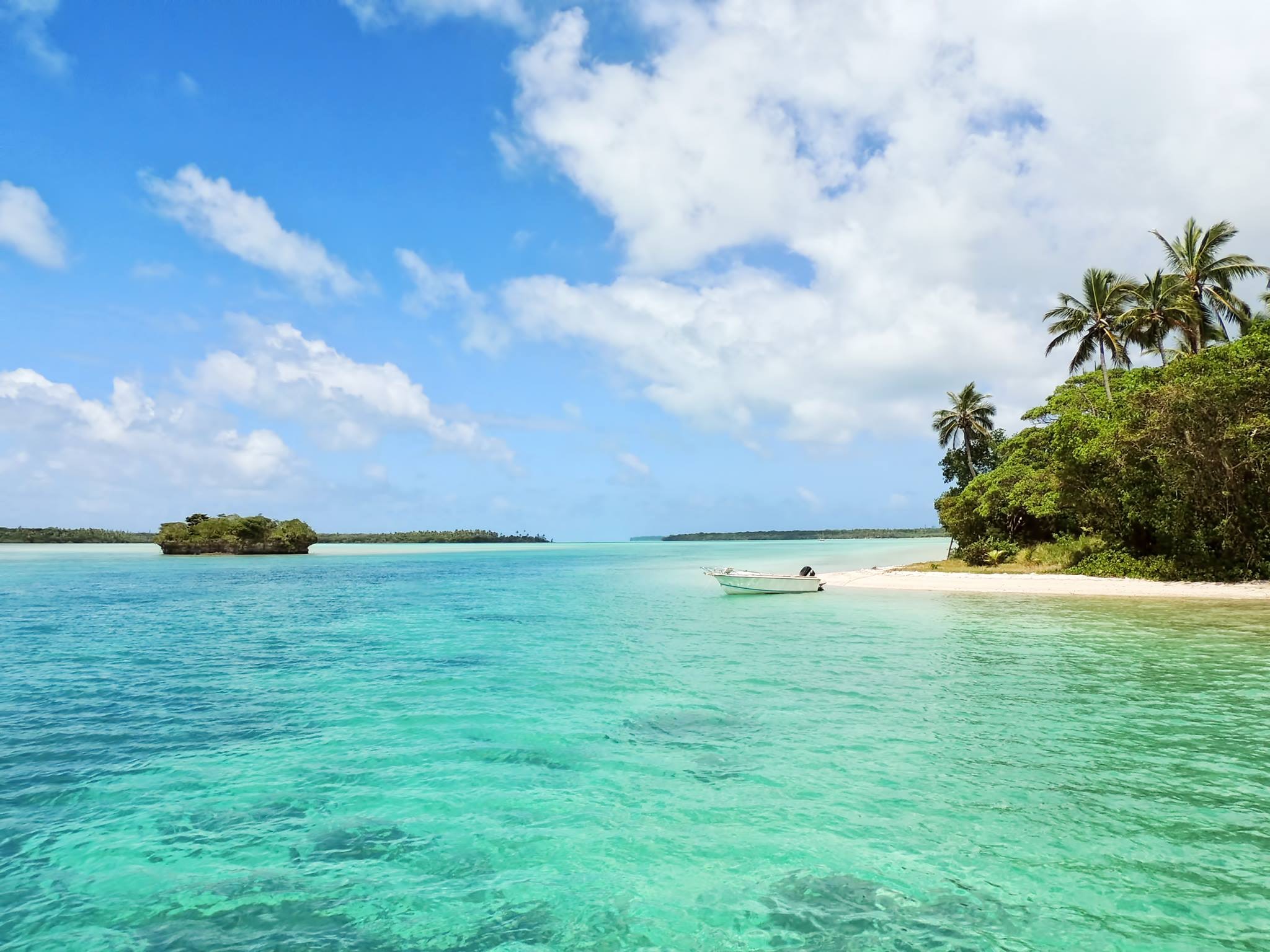An estimated 21 – 46 million humans are entrenched in modern enslavement globally according to the Walk Free Foundation who operate the Global Slavery Network. In their last report in 2018 they acknowledged that only seven of the G20 countries were working on any kind of change in this area (this estimation does not reflect the number of people actually being exploited daily). Aotearoa is not part of the G20 but was invited to participate in Japan during November 2019. Slavery was not a topic of conversation spoken about at this time.
This topic is rife with uncomfortability and it is only right for me to acknowledge my privilege of living in Aotearoa and being pākehā. Ko Kāi Tahu, Kāti Māmoe, Waitaha toku iwi, Ko Clan Gordon ahau. No Ōtepoti toku kainga. Ko Fiona toku ikoa, Kia Ora. I am the designer and maker at Senorita AweSUMO, a zero waste label. I founded Stitch Kitchen in 2015, we are a social enterprise working to reduce textile waste to landfill whilst educating and empowering our community with skills. I work with a great team to make that happen. I’m also an environmental and social justice activist, I believe all humans deserve to be valued. Since 2013 I have taken part in Fashion Revolution projects and since the NZ working committee was established I have participated to my capacity.
In researching this topic I cannot see one aspect of current society that is not touched by modern slavery somehow, from prison work schemes to zero hour contracts, seasonal workers, children and woman entrenched in domestic tasks, being used and abused just as Papatūānuku has too. All for what? To make someone so out of reach of these people richer? Our capitalist constructs brought to us via the industrial revolution and colonisation go hand in hand sweeping the globe, slavery was part of that equation too and so it has become entrenched in our ‘normal’ society. We have turned a blind eye to the systemic issues including racism which have perpetuated throughout humanity for centuries. And by ‘we’ I reference western society.
You may have noticed we are enduring a large disruption to all of our lives, with Covid-19, and this has now enabled those parts of the world which are not operating at best practice to be brought to light. We can now see just how bad it is and on the global scale it is documented as 1% of the population. Of course, those humans who are entrenched in modern slavery will be greatly affected by this disruption as they do not have the security and stability of safe workplaces, insurances, and government support to bail them out. How many people have to suffer before we acknowledge the problem and change the way we operate as humans?
Disruptions occur frequently in the modern slave world, you might never feel safe, be under a guise of “normality” but really only just be surviving. This is no way to live, constantly in fear for your life and that of your whanau, when you just want to be safe, fed, clothed, and housed. This right for shelter and meeting basic needs belongs to us all.
Of course, common perception of the fashion industry would have you believe that everything is just peachy clean. Our media portrays it as fantasy, the unattainable perfection of capitalist society, the must have of 52 seasons in a year. Get in humans, Get in!! You can’t miss this bargain SALE!
Consumers can do their part too by doing your research on brand transparency, asking questions and shopping consciously, but that is not always attainable for all either. It is not just on consumers to take action, it is the responsibility of all sectors of society to understand, acknowledge and shift this unacceptable way to still be operating in 2020, valuing human potential over capitalist economic extractive growth for shareholders.
Our actions can positively influence others and create ripples of goodness, my question to you is, what does the world look like without modern slavery? Where we are all valued and appreciated, we are not judged or fearful for our lives just because of what we look like and the circumstances we are born in. I envision a space where we are valuing human potential and Papaūānuku’s taonga over profit margins and capitalist constructs. That sounds like a place I think we all would want to live.
Written by Fiona Clements, Advisory Committee for Fashion Revolution New Zealand.
Fiona is Kai Tahu, Clan Gordon, craftivist, and zero waste textile practitioner and as a designer, seeks to serve her community by providing solutions to problems. Witnessing the amount of waste created in commercial fashion production, Fiona set about creating a solution, Senorita AweSUMO, a zero waste lifestyle brand. In 2015, she founded Just Atelier Trust in Dunedin, New Zealand, which operates under the brand “Stitch Kitchen – Ingredients for creative living” a social enterprise that raises awareness and creates a local solution to a global problem of social and environmental waste in the fashion industry. Since 2018, Fiona has taken on the role of chair for Sustainable Dunedin City Inc, which advocates for a just transition in the face of climate change.
